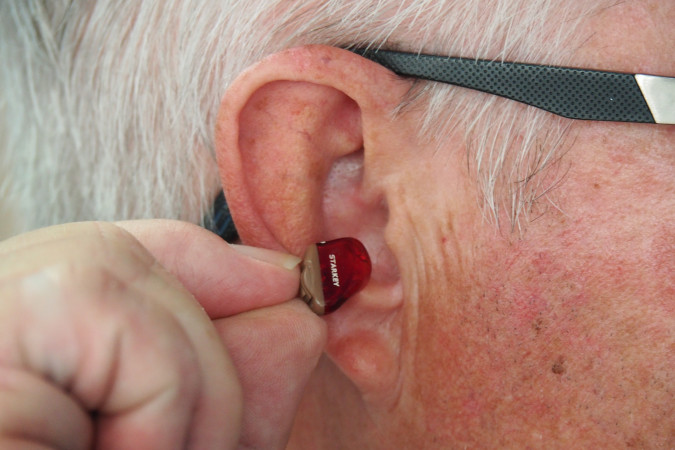
Hearing aid practitioners fit, adjust and make minor modifications to hearing instruments and educate clients in appropriate use, care and maintenance of hearing instruments. They also perform follow-up examinations and readjustments.
These practitioners identify and assess hearing problems provide ongoing user support (program, service, and minor repairs) and advise other health providers.
Average Hourly
$32.00
Range Hourly
$29.50 – $32.00
Average Yearly
$62,400
Range Yearly
$57,525 – $62,400
Other technical occupations in therapy and assessment (3237)
Assistive listening device technician
Hearing aid assistant
Hearing aid consultant
Hearing aid dealer
Hearing aid dealer and consultant
Hearing aid practitioner
Hearing aid specialist
Hearing aid technician
Hearing assessment technician
Hearing disorder technician
Hearing instrument dispenser
Hearing instrument practitioner
Hearing instrument practitioner assistant
Hearing instrument specialist
Licensed hearing instrument specialist
2-3 year diploma program on Hearing aid practitioner including clinical/practicum placement
Average hourly |
Range hourly |
Average yearly |
Range yearly |
$32.00 |
$29.50 - $32.00 |
$62,400 |
$57,525 - $62,400 |
Medium
Employment outlook is mostly good across provinces. More information is available here.
With further training and experience supervisory and teaching position can be obtained.
0-1 year
Hearing Aid Practitioner at McEwan University
Hearing Instrument Specialist Program by George Brown College.
Find more programs on OntarioColleges.ca
Ability to be precise and accurate; good communication skills, both orally and written; ability to work under pressure; be able to fully understand patients’ needs; ability to operate related equipment; compassionate, dependable, ethical, and mature; ability to organize and prioritize workload priorities in collaboration with others; strong social skills and leadership ability; are comfortable working with instruments, apparatus, and technology; ability to manage high levels of stress associated with life threatening situations and medical conditions; self-discipline and self-directed; the ability to multi-task in a complex and fast-paced environment; a clean record, no prior criminal background.
Provincially regulated.
Licensure with a regulatory body is required for hearing instrument practitioners in all provinces except in Ontario where membership with the Association of Hearing Instrument Practitioners (AHIP) is required
Most hearing aid practitioners work in privately owned clinics, offices or retail companies. They may need to travel. Hours of work vary and may include evenings and weekends.
Proof of English proficiency and medical terminology and communication
Enrolling into a Hearing aid practitioner program
More information can be available here.